For all their formidable physical presence, racehorses spook easily. A sudden gust of wind flapping a plastic sack, a page from yesterday’s Racing Post blowing across the stable yard can provoke a fit of the twitches: eyes rolling, nostrils flaring and back legs snapping out a lethal kick. Trainers need a capacity for quiet reassurance and you don’t need long at Clive Cox’s Beechdown Farm in Lambourn to be struck by its overriding calm.
His charges had pounded up watered gallops dried by a breeze like a hairdryer and as Clive hosed down their sleek coats afterwards, he declared, sponge in hand, ‘This is the best part of the day, a proper de-stress.’ ‘Yes, they love it, don’t they?’ I replied — but he meant for him.
Tuning up four-legged athletes is stressful even with his experienced team. This year’s cold spring held back grass growth. The Lambourn poppies, normally in bloom by Royal Ascot, were a fortnight behind and the horses, too, had taken time. ‘You have to work with nature: only for the past two weeks have I felt that they were in full flow.’ But if anything stresses Clive Cox, it doesn’t show. As the string trotted around the spacious indoor school, part of the impressive premises rented from former champion jockey John Francome, the neatly shorn, hunch-shouldered trainer in his striped rugby shirt was the epitome of calm control. Every work rider was addressed by name, every one was given precise instructions for the work ahead: ‘Nothing fancy. I only want you to come through once. Just go upsides in the last two furlongs.’
Clive rode a respectable 100 winners over jumps and bears the usual scars. ‘There isn’t any part of my upper body that hasn’t been rearranged.’ He is first to admit that he wasn’t a superstar like Francome in the saddle, but he did ride for the likes of Oliver Sherwood and Fred Winter. ‘Fred never wasted a word but what he did say was absolutely all you needed.’ Yet, like champion jumps trainer Paul Nicholls or the flat’s Tom Dascombe and David O’Meara, Clive has again demonstrated that the lesser-known jumps riders often make the best trainers.‘The whole process of becoming a jump jockey means you are more closely involved with the horses — often a flat jockey would do no more than sit on them and then jump off to go racing.’
The son of a Somerset farmer who taught him about conformation, and the grandson of a hands-on small-garage owner who taught him about grafting, Clive Cox moved to Beechdown in 2000 after eight years working as assistant to the late Mikey Heaton-Ellis, who trained from a wheelchair. The story since has been a classic of steady progress by an unflashy man who leaves little to chance. When I commented on the atmosphere of calm, he replied, ‘We work at that, forever tweaking things to suit individuals. We want to be a step in front and plan as much as possible for the horses and the staff.’ The successes of veteran inmates such as Jimmy Styles, a Group winner in France at eight whom he refers to as ‘a close friend’, are testament to his insistence that ‘a horse is not going to do it for you if he is not enjoying life’.
The first horse to make Clive Cox’s name was New Seeker, winner first of the 2003 Britannia at Royal Ascot, then of the Tote International. The first Group winner was Beacon Lodge in 2007, and in 2010 Gilt Edge Girl brought him his first Group One when taking Longchamp’s Prix de l’Abbaye.
His reputation has been cemented by the Group One victories of Reckless Abandon and top sprinter Lethal Force, who not only won the Diamond Jubilee at Royal Ascot but broke the course record in winning the July Cup. Along the way Clive and go-to rider Adam Kirby, with him since he was a 7lb-claimer, have grown together. What has particularly impressed the cognoscenti, though, is his eye at the sales: Lethal Force cost only €8,500, probably less than a week’s pocket money for a Qatari royal, while Gilt Edge Girl was bought for 17,000 guineas and Reckless Abandon for £24,000.
A potential classic contestant would be nice, admits Clive, ‘but with a Derby prospect’s pedigree you are talking a different budget. I am basically after an athletic horse we can train. There’s less patience these days and sprinting pedigrees are more affordable. The most important thing is making a living at a job which is a passion.’
Apple of the trainer’s eye among a good crop of three-year-olds is Kodi Bear, the pleasing winner of a recent listed race. Profitable, too, should live up to his name. I was impressed with the classy-looking grey Ice Lord, who will have to wait for more give in the ground. And the answer, when I asked Clive if he was a gambling man, told us a lot. ‘No. But I like a bet.’ Oh, to know when the Beechdown Farm money is down.
Got something to add? Join the discussion and comment below.
Get 10 issues for just $10
Subscribe to The Spectator Australia today for the next 10 magazine issues, plus full online access, for just $10.
You might disagree with half of it, but you’ll enjoy reading all of it. Try your first month for free, then just $2 a week for the remainder of your first year.

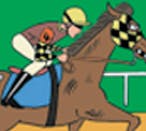
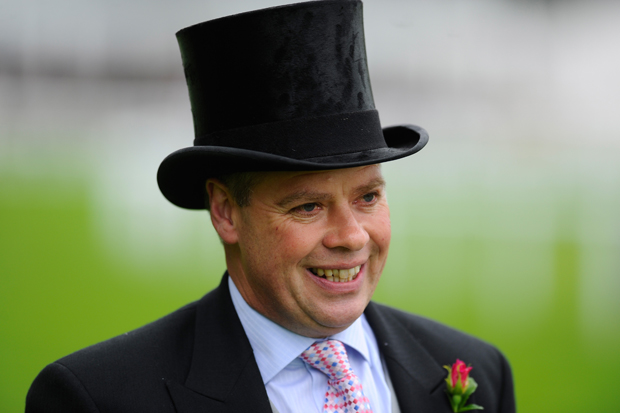
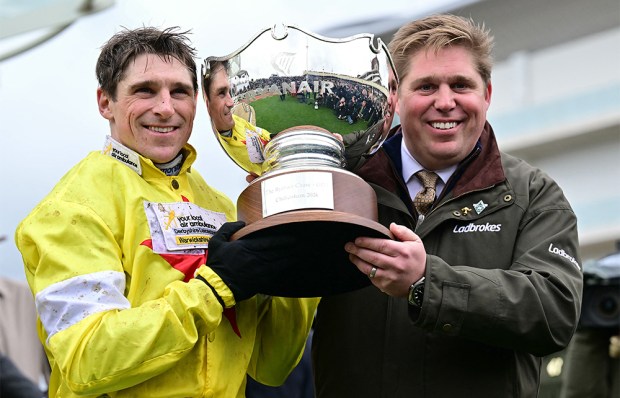
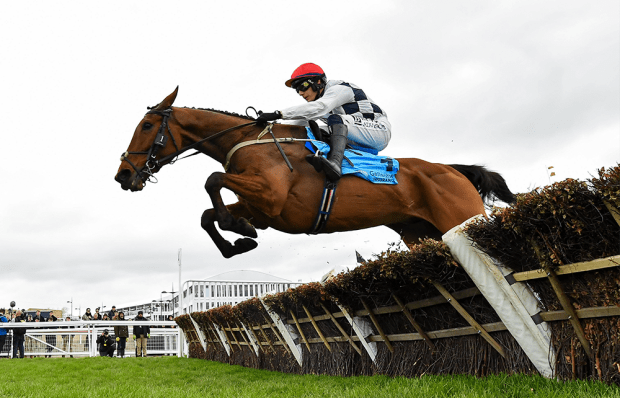
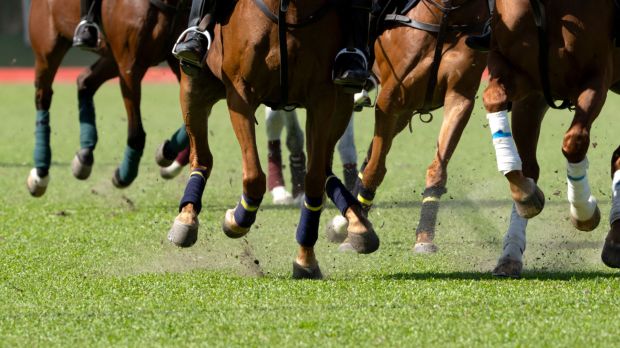
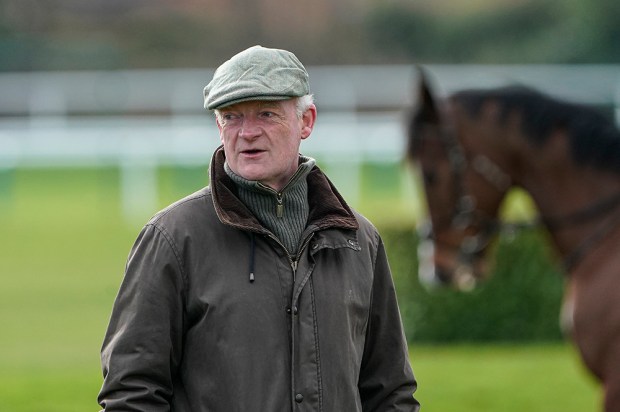
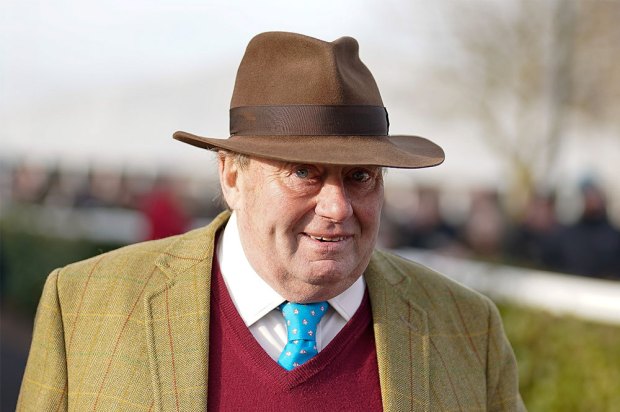







Comments
Don't miss out
Join the conversation with other Spectator Australia readers. Subscribe to leave a comment.
SUBSCRIBEAlready a subscriber? Log in